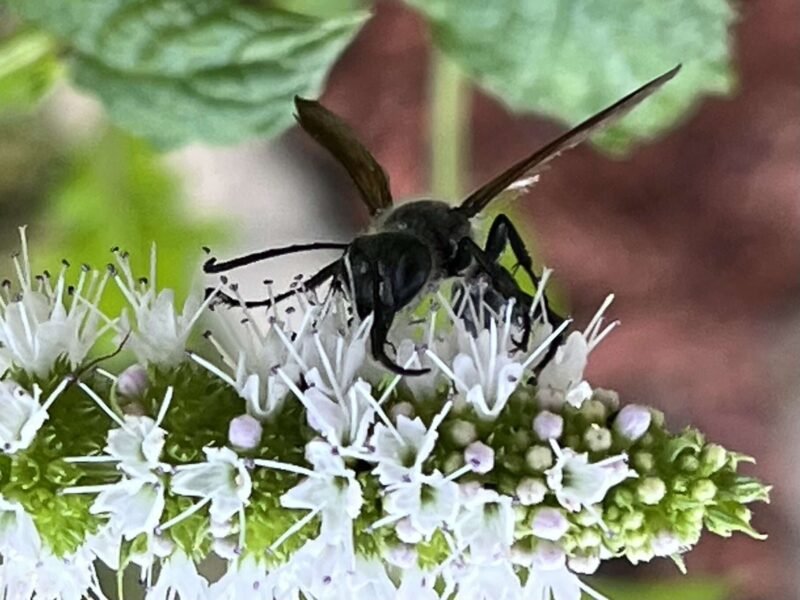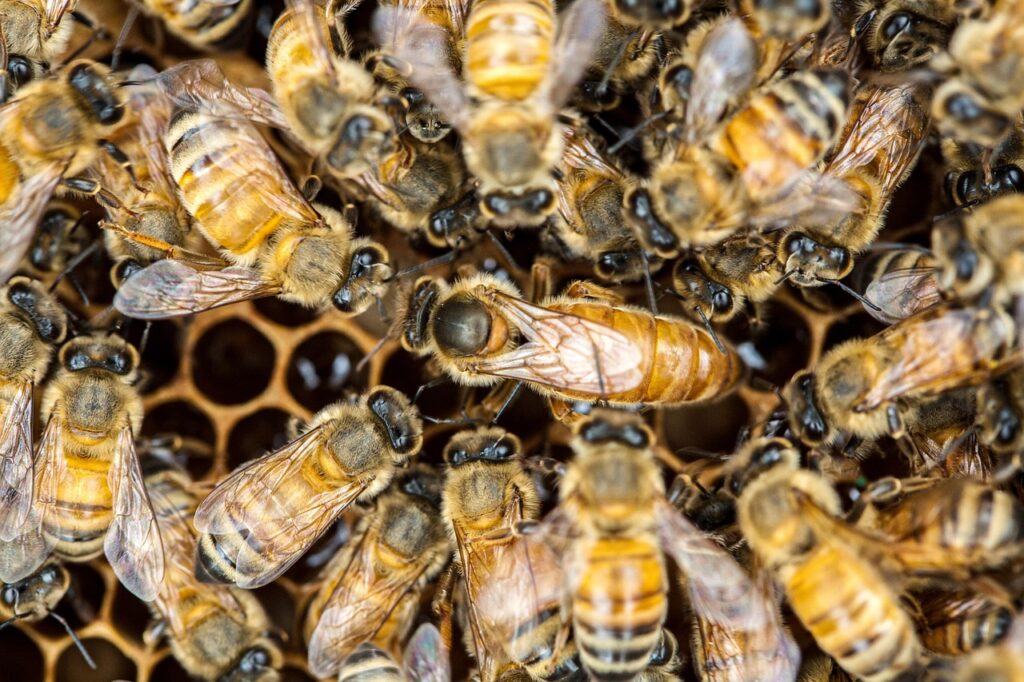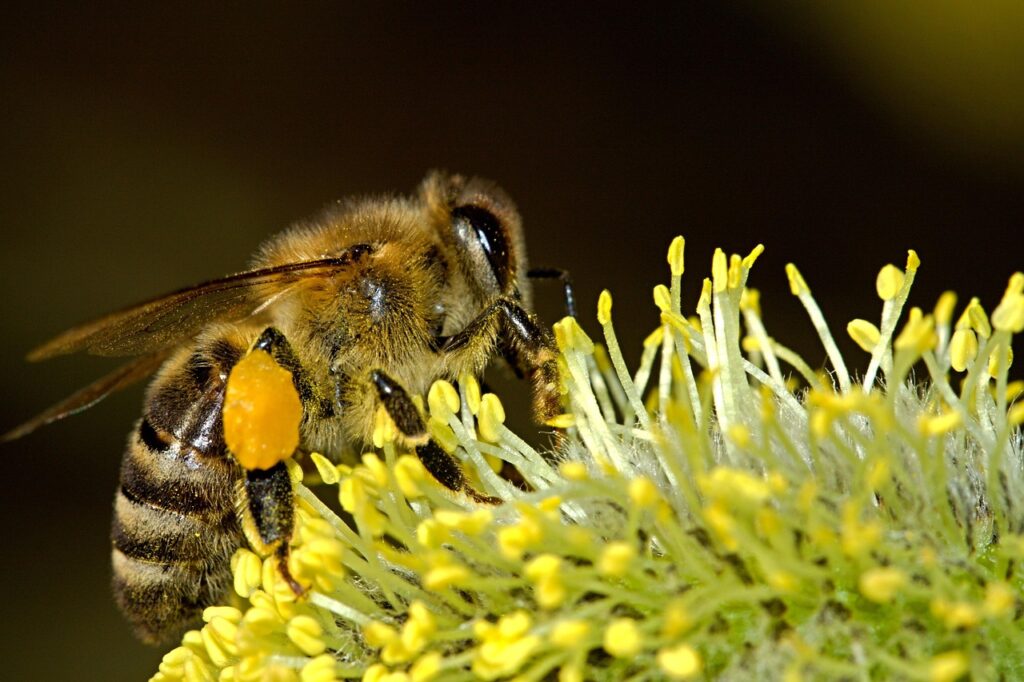There are over 200,000 species of wild pollinators worldwide, encompassing not only bees but also bats, birds, butterflies, moths, flies, beetles, wasps, and even some small mammals[1][2].
Among these, bees are the most significant group:
- Globally, there are over 20,000 species of bees, most of which are wild species[3][4][1].
- In the United States alone, there are about 4,000 species of native wild bees[5][3][4][1].
- North America (U.S. and Canada) is home to around 4,000–5,000 native bee species[6][7][4][3][1].
Other groups of wild pollinators
Other diverse groups of wild pollinators play important roles in different habitats and crops, including various species of beetles, flies, butterflies, moths, bats, and birds—contributing extensively to both agricultural and wild plant pollination[1][8][2].
These numbers highlight the remarkable diversity and ecological importance of wild pollinators worldwide, although many populations are in decline due to habitat loss, pesticide exposure, and climate change[4][8].
⁂
- https://bestbees.com/wild-bees-and-native-pollinators/
- https://www.un.org/en/observances/bee-day
- https://www.usgs.gov/faqs/how-many-species-native-bees-are-united-states
- https://www.biologicaldiversity.org/campaigns/native_pollinators/pdfs/Pollinators_in_Peril.pdf
- https://www.fws.gov/initiative/pollinators/pollinators-benefit-agriculture
- https://theconversation.com/beyond-honey-bees-wild-bees-are-also-key-pollinators-and-some-species-are-disappearing-89214
- https://xerces.org/endangered-species/pollinators
- https://www.pollinator.org/pollinators



